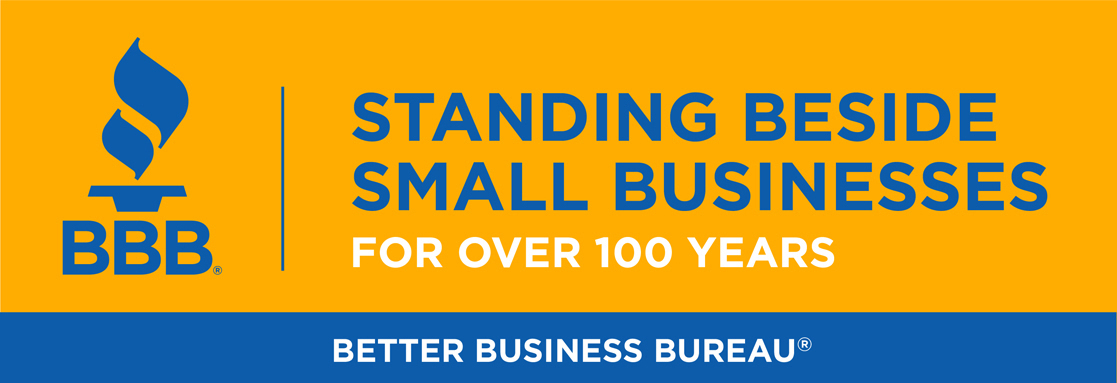March brings warmer weather, and everyone is spending more time outside — including salespeople. Now through September is prime time for door-to-door sales, so it’s a good time to form a plan for how you will respond if someone knocks on your door.
Plenty of reputable companies use door-to-door sales, including industries like telecommunications, energy, security and magazines. While they’re not selling a product, political, religious or charitable organizations often go door-to-door to talk about their cause or ask for donations.
However, less legitimate organizations can also knock on your door. Some salespeople may not be properly licensed or are not selling a legitimate product. Multi-level marketing businesses sometimes recruit new employees door-to-door, and while these programs are legal, there can be a fine line between multi-level marketing and illegal pyramid or Ponzi schemes.
So, how do you know who to avoid?
The main red flags to look out for are if a salesperson is unable to verify their identity or company, uses high-pressure sales tactics or asks for immediate cash payment. These signs may be cause for concern and should prompt you to think twice before making any purchases.
Here are more tips to keep in mind if you find yourself in a conversation with a salesperson this spring:
• Don’t be afraid to say no. Door-to-door marketing scripts are designed to keep potential customers engaged in a conversation as long as possible, but a legitimate salesperson will understand if you politely and firmly tell them you’re not interested. You don’t owe anyone your contact information or a purchase.
• Be wary of high-pressure sales tactics, like insisting that you must buy something now or repeated refusal to take no for an answer. You can always take more time to think about a purchase and get back in touch with the company later.
• Stay safe, stay at the door. Be careful about allowing strangers into your home. It’s good practice to stay at your front door if possible, and most salespeople will respect that. If you do invite a salesperson inside your home, you have the right to ask them to leave at any time. If they refuse to leave, tell them you will call the police — and do it if they do not leave immediately.
• Check identification. Reputable salespeople will be able and willing to provide a company photo ID or business card. If a salesperson is not wearing a uniform, arrives in an unmarked vehicle or does not have company letterhead or business cards, there may be cause for concern. If you’re uncertain, you can call the company to verify the employee.
• Check the company’s BBB Business Profile. You can look up the company at BBB.org to see their rating, accreditation status and customer reviews. This can help you decide if you feel comfortable doing business with them.
• Ask about licensing. Many cities require door-to-door salespeople to have a peddler or solicitor license. Ask the salesperson about their license or call your city or township offices to verify.
• Don’t sign on the spot. If you’re interested in a product or service, get everything in writing — including price, contract details and all terms and conditions — before you sign or purchase anything. Tell the salesperson you will review the information and follow up, and be wary of anyone who insists you decide on the spot. Verify the address and contact for the company are included and review all terms carefully before signing.
• Know your rights. The Federal Trade Commission’s Cooling-Off Rule gives a customer three days to cancel purchases over $25 that are made in their home or away from the seller’s permanent business location. Salespeople should always provide a receipt and a form that customers can send to the company within three days to cancel the agreement. Law requires the company to refund customers within 10 days of receiving the cancellation notice.




Facebook Comments